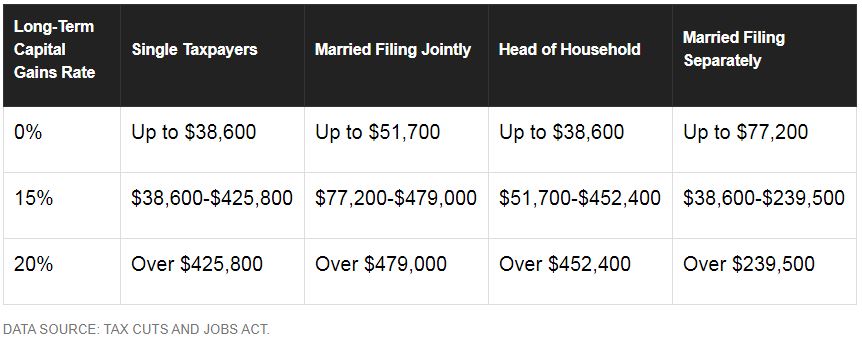In today’s fast-paced and ever-evolving world, staying relevant and competitive in the job market is more critical than ever. One of the most effective ways to achieve this is through continuing education. Whether you’re a recent graduate or a seasoned professional, the pursuit of knowledge beyond your initial qualifications can offer immense value. In this blog post, we will explore the importance of continuing education and how it can positively impact your personal and professional development.
1. Staying Current in Your Field
In many industries, the pace of change is relentless. Technology, regulations, and best practices evolve rapidly, making it imperative for professionals to update their knowledge and skills continually. Continuing education helps you stay current in your field, enabling you to adapt to new trends and maintain your expertise. This adaptability can enhance your job performance, making you a valuable asset to your organization.
2. Career Advancement
Continuing education can open doors to new opportunities and career advancement. Employers often prefer candidates who demonstrate a commitment to learning and self-improvement. Completing additional courses, certifications, or degrees can make you a more attractive candidate for promotions, salary increases, or even entirely new job opportunities. It shows potential employers that you are dedicated to your career growth.
3. Expanding Your Skill Set
Continuing education allows you to broaden your skill set and diversify your knowledge base. Learning new skills can make you more versatile and capable of taking on a wider range of tasks and responsibilities. For instance, a marketing professional with skills in data analytics can provide more valuable insights and better contribute to their organization’s success.
4. Networking Opportunities
Participating in continuing education programs provides an excellent platform for networking. You’ll have the opportunity to connect with like-minded individuals, experts in your field, and potential mentors. Building a strong professional network can be invaluable in advancing your career, as it can lead to new collaborations, job referrals, and access to valuable resources.
5. Personal Growth
Continuing education is not limited to career-related knowledge. It can also contribute to personal growth and self-improvement. Learning new things, whether they are related to your profession or personal interests, can boost your self-esteem and provide a sense of accomplishment. This personal development can have a positive impact on your overall well-being.
6. Confidence Boost
Knowledge is empowering, and the more you know, the more confident you become. Continuing education can boost your confidence in both your personal and professional life. When you feel confident in your abilities and knowledge, you are more likely to take on challenges and seize opportunities with enthusiasm.
7. Adapting to Industry Changes
Industries are constantly changing due to technological advancements, new regulations, and shifts in consumer preferences. By continuing your education, you can adapt to these changes more effectively. You’ll be better equipped to navigate industry disruptions and seize new opportunities that may arise as a result.
Continuing education is an investment in your future. It offers a multitude of benefits, from career advancement and personal growth to increased confidence and adaptability. It keeps you at the forefront of your field and equips you with the skills and knowledge necessary to thrive in an ever-changing world. So, whether you’re a recent graduate or a seasoned professional, consider the value of continuing education in shaping your future success.
–ChatGPT




